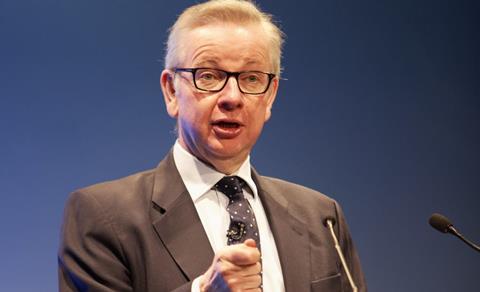The Department for Environment, Food and Rural Affairs (Defra) will not expect food and drink businesses to report food waste figures until at least 2026.

Defra delayed the mandate, which was previously unveiled in 2018, as part of an update to its 2018 Resources and Waste Strategy, after holding a consultation on the matter which saw over 80% of respondents vote in favour of the mandate.
This comes as the Extended Producer Responsibility (EPR) policy has recently been delayed by Defra.
In the update, Defra states that 221 businesses have committed to the Waste and Resources Action Programme (WRAP) Food Waste Reduction Roadmap. The Government claimed that part of the industry is already regularly reporting waste figures, accumulating clear data on what is and isn't wasted within a business.
Collating transparent data to reduce waste
Company Shop Group, which is partnered with manufacturers like Young's, Samworth Brothers and Dovecote Park, has responded to news of the delay, with its managing director Owen McLellan saying: “The Government has today launched its long-awaited response to the consultation on improved waste reporting for large businesses, delaying mandatory reporting until the end of 2026 at the earliest.
“Whether reporting is mandated or remains voluntary, having access to more robust and transparent data would support all of us in reducing food waste.
"In recent years the grocery sector has made great strides in reducing their waste, and redistributing more surplus. We regularly see the strongest improvements being made by businesses that understand the scale and nature of surplus and waste in their organisations. Those that have visibility in place have not only reduced their waste footprint, but have unlocked the financial, environmental and social benefits of surplus food redistribution. Mandatory reporting, later down the line, would help enhance this visibility further."
McLellan added: "In the meantime, we would encourage businesses to make the most of the voluntary period and prepare for future regulation by improving their own visibility of waste, and ensuring they have sustainable redistribution processes in place."
This story was originally published on a previous version of the Meat Management website and so there may be some missing images and formatting issues.





